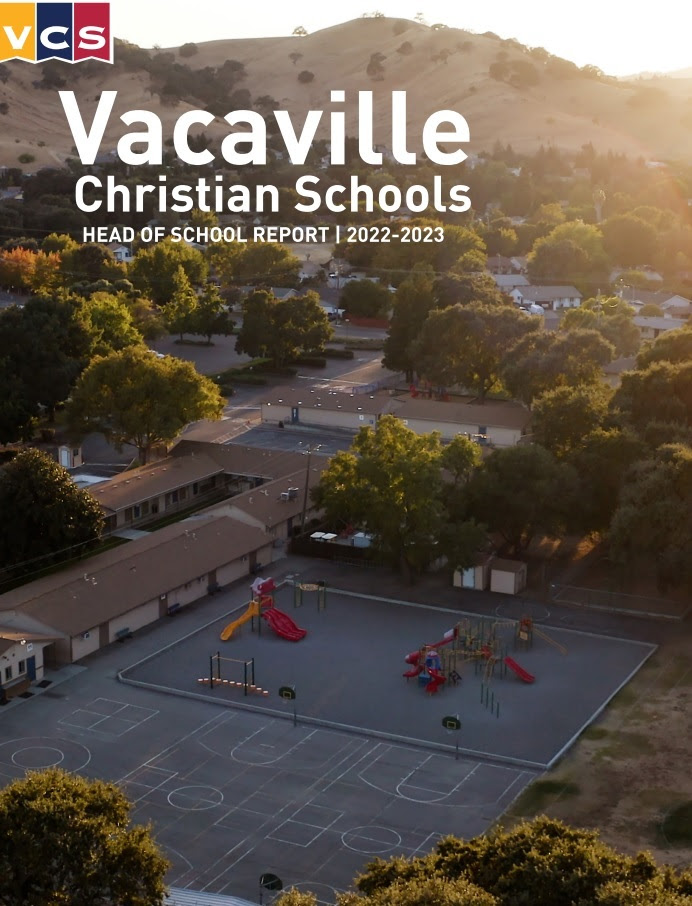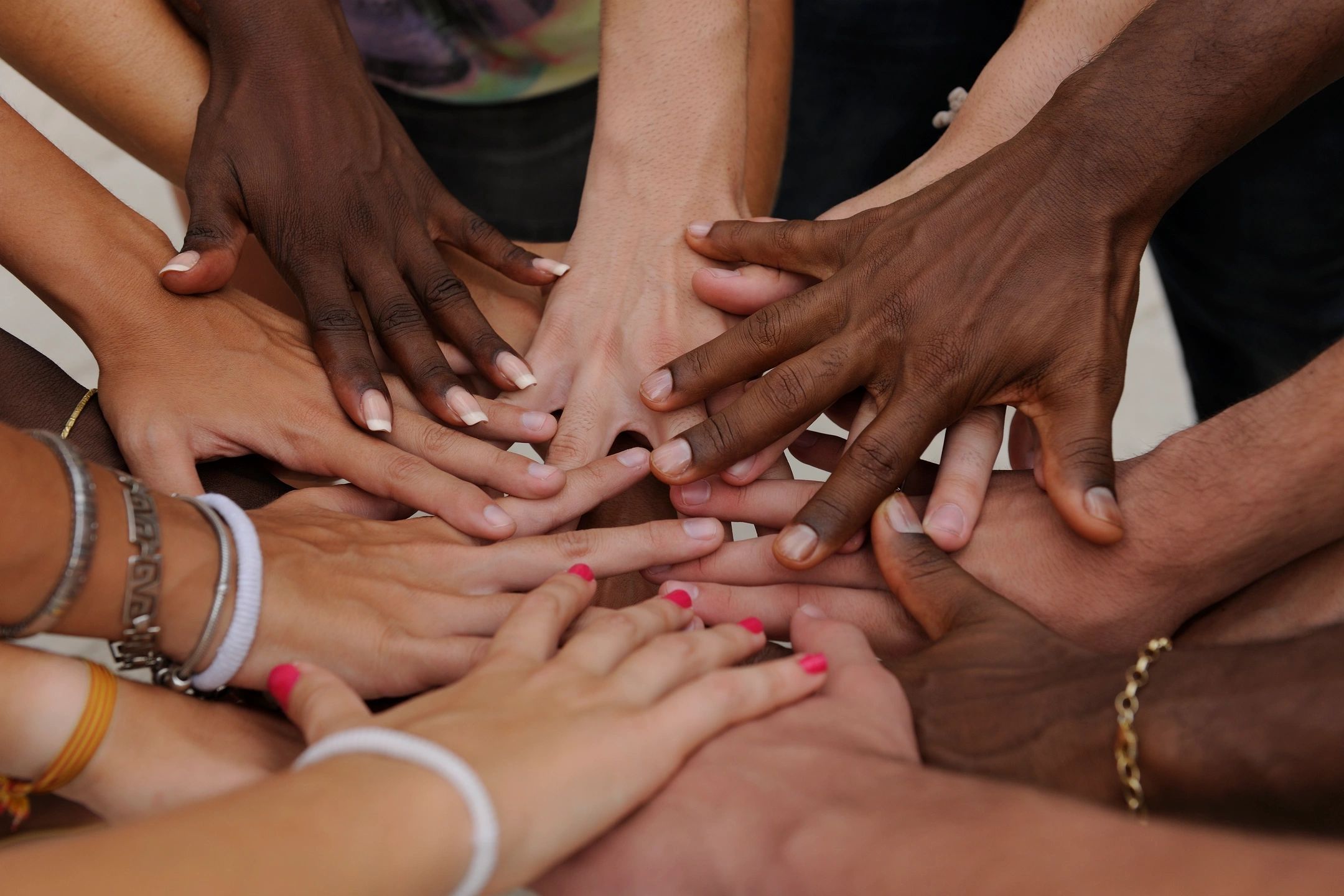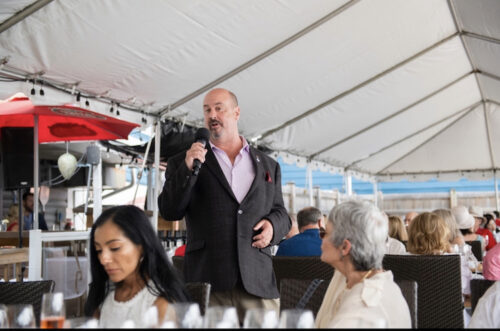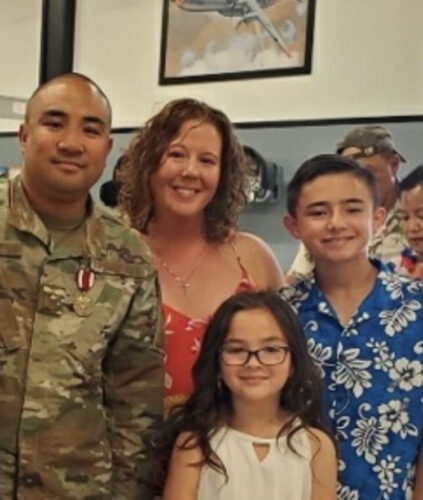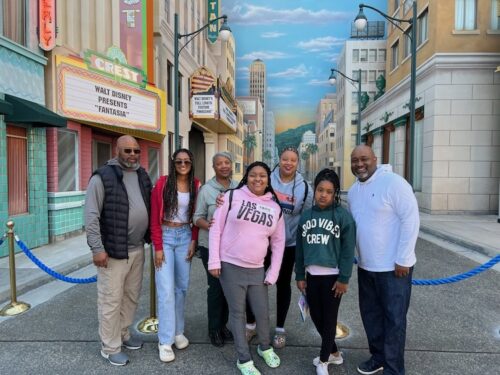November 2023
Our Brave New World – And It’s Desperate Need for Virtue
“Oh, Brave New World!” proclaimed Alduous Huxley’s timeless protagonist, observing for the first time the wonders and sensations of a world he had never known. Until that moment, the Indian youth had known life only on the reservation, a place which was considered so antiquated and without modernization that it was a regular tourist destination. Life outside of the reservation, a truly unique creation in Huxley’s classic novel, Brave New World, was as extraordinary as it was deeply saddening.
For the first time, the Indian saw hospitals, flying cars, sensational entertainment and skyscrapers. But he also observed a world almost entirely devoid of virtue. People never grew old. In the desire to remain youthful, they undertook treatments which kept them perpetually young, though the price was a significantly shortened life. When anyone felt even a twinge of sadness, they self-medicated with “soma”, and soon forgot all their problems. Book reading, besides instructional manuals, was discouraged. Who would need to read in such a society? The Indian boy was raised on the reservation, having only read a discarded book containing all Shakespeare’s plays, and learned values such as courage and honor. This Brave New World was so foreign to him, and its values so contrary to his own, that he eventually decided he could no longer be a part of it – permanently.
The Decline of Reading Books in Our Society
Huxley wrote his novel in the early 20th century, and yet the world he created was incredibly prophetic. The prominence of traditional virtues (much less the fruits of the Spirit), such as fortitude, temperance, and prudence, are decreasing rapidly in our society. Consider, for instance, the cultural trend to read “modern literature” in lieu of traditional books. Many individuals spurn classic, time tested literature and instead choose contemporary, “relevant” books. Einstein wisely stated that, “Somebody who reads only newspapers and at best the works of contemporary authors…is completely dependent on the prejudices and fashions of his times.” Much the same as the characters of Brave New World, the modern man possesses few ideas beyond those of his contemporaries, and certainly has little to do with traditional values.
Amazingly, few Americans read at all. A Pew Research Center study released in 2014 reported that nearly a quarter of Americans in 2013 had not read a single book. Since 1978, in fact, the number of non-book readers has tripled. In addition to a general trend away from reading, contemporary education has begun to focus on “21st Century Skills” instead of knowledge acquisition, truth, and the formation of moral character.
A Shrinking Sense of Personal Responsibility
The next generation of “economically productive citizens” lacks, among other qualities, a store of historical intellectual thought against which to consider new ideas or experiences. As a result, he is unlikely to understand his contribution in light of the great story of Western Civilization, and rather than a Ciceronian like perspective of gratitude, he is instead apt to develop a spirit of entitlement, self-centeredness, and embitterment. His upbringing and education lacks the necessary and inextricable link between freedom and personal responsibility, as is aptly said by George Bernard Shaw: “Liberty means responsibility. That is why most men dread it.” In our modern state, we consequently see a significant decline in quality leadership and a lack of civic, as well as personal, responsibility. Like Huxley’s Brave New World, people are more and more interested in the easier, more immediately gratifying path.
What About VCS and Christian Education?
In recent years, there has been a resurgent interest in Christian education across the country, and its focus on cultivating Godly character in students has never been more necessary. The classic virtue, fortitude, has been traditionally defined as the ability to demonstrate courage in the face of fear and uncertainty. At VCS, discussions around character, for example, happen often. Our students read excellent literature with characters who embody it and themes that espouse it. And the cultivation of the fruits of the Spirit in young people happens not by accident, but instead by an intentional effort from a Godly VCS staff. And our faculty works regularly to form keystone habits in the lives of our students. This occurs through the regular, deliberate practice of specific virtues until they are habitual. Aristotle said, “We are what we repeatedly do. Excellence, therefore, is not an action but a habit.” As we continue in these practices, we look forward to reaping the fruits of the moral development in our students, and hope to serve as a model for other schools across the state and country.
Ben Davis
Vacaville Christian Head of School

